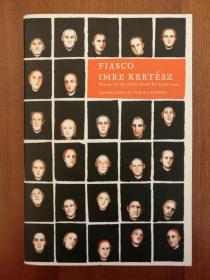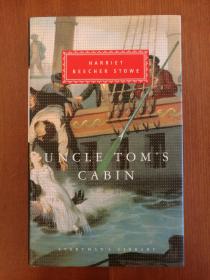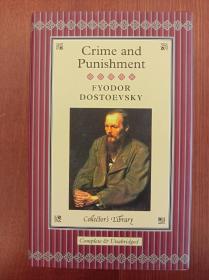
Fiasco(进口原版,现货,实拍书影)
1st Print of Melville House Edition 2011,初版一印
¥ 298 八五品
仅1件
上海长宁
认证卖家担保交易快速发货售后保障
作者Imre Kertesz (author); Imre Kertész;Tim Wilkinson (translator)
出版社Melville House
ISBN9781935554295
出版时间1978
版次1
印刷时间2011-03
印次1
装帧平装
尺寸20.9 × 14 cm
页数368页
货号r2
上书时间2020-11-09
- 在售商品 暂无
- 平均发货时间 13小时
- 好评率 暂无
- 最新上架
商品详情
- 品相描述:八五品
-
书脊及四周边缘少许磕碰磨损,书沿有轻微污迹,书页内少许黄斑,自然旧,书页内干净无写划笔记(见实拍书影)。
4@r2
- 商品描述
-
Translated into English at last, Fiasco joins its companion volumes Fatelessness and Kaddish for an Unborn Child in telling an epic story of the author's return from the Nazi death camps, only to find his country taken over by another totalitarian government.
Fiasco as Imre Kertesz himself has said, "is fiction founded on reality" a Kafka like account that is surprisingly funny in its unrelentingly pessimistic clarity, of the Communist takeover of his homeland. Forced into the army and assigned to escort military prisoners, the protagonist decides to feign insanity to be released from duty. But meanwhile, life under the new regime is portrayed almost as an uninterrupted continuation of life in the Nazi concentration camps which, in turn, is depicted as a continuation of the patriarchal dictatorship of joyless childhood. It is, in short, a searing extension of Kertesz' fundamental theme: the totalitarian experience seen as trauma not only for an individual but for the whole civilization, ours that made Auschwitz possible.
Imre Kertesz (1929 to 2016) was born in Hungary. At the age of fourteen he was imprisoned at Auschwitz and later at Buchenwald concentration camps. He is the author of 14 books of fiction and nonfiction, and was awarded the Nobel Prize for literature in 2002 for "writing that upholds the fragile experience of the individual against the barbaric arbitrariness of history."
Tim Wilkinson is the primary English translator of Imre Kertesz. His translations include Kaddish for an Unborn Child, Liquidation, The Pathseeker and The Union Jack as well as numerous other significant works of Hungarian history and literature. His translations of Kertesz's Fatelessness was awarded the PEN Club Translation Prize. He lives in London.
— 没有更多了 —





















以下为对购买帮助不大的评价